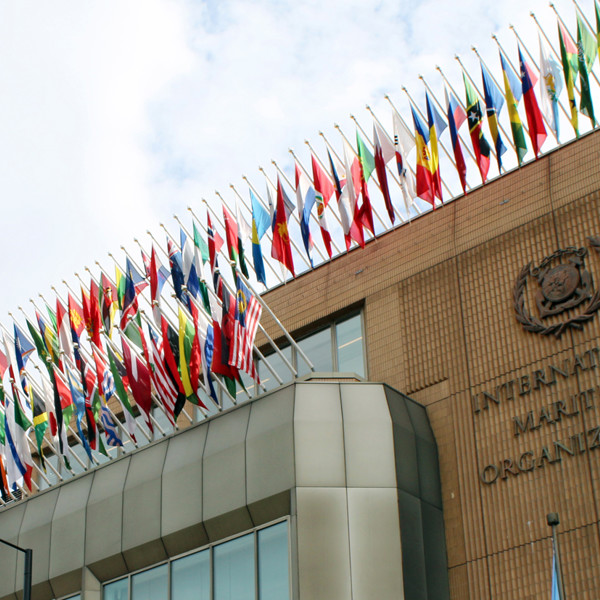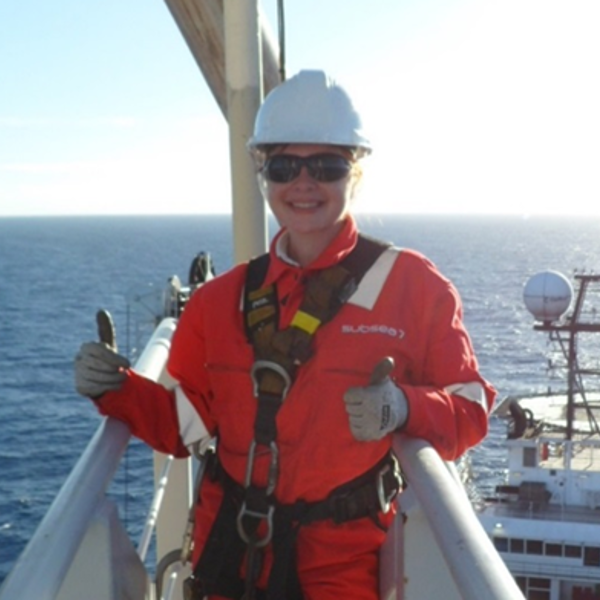Members of IMCA’s Marine Policy & Regulatory Affairs (MPRA) Committee and Margaret Fitzgerald, IMCA Head of Legal & Regulatory Affairs, participated in recent discussions at the 83rd session of the International Maritime Organization’s (IMO) Marine Environment Protection Committee (MEPC 83) aimed at setting shipping on a trajectory to reach net zero by 2050.
It was a historic moment at the IMO when, on 11 April, MEPC 83 approved the draft legal text for incorporation into annex VI of the MARPOL Convention on its net-zero framework.
In accordance with its 2023 revised greenhouse gas (GHG) strategy, the package of measures comprises of two elements:
- A global fuel intensity standard (GFI) measuring how much greenhouse gas is emitted for each unit of energy used, that ships must reduce over time,
- An economic measure, that will require ships operating above GFI thresholds to acquire remedial units to balance their excess emissions, while those using zero or near-zero GHG fuels or technologies will be eligible for financial rewards for their lower emissions profile.
From 2028, ships with a gross tonnage of 5,000 GT or greater will be required to calculate their GHG fuel intensity (GFI) against a reference value of 93.3 gCO₂eq/MJ (the industry average in 2008), with mandatory reduction targets across two compliance tiers over the coming years.
In terms of the economic measure, while there was significant support for a simple GHG levy, the compromise is an approach that establishes a two-tier carbon credits system of ‘remedial units’ and ‘surplus units’ that shipowners can trade to achieve compliance.
The proposed text will now be circulated with an accompanying resolution in anticipation of adoption by an extraordinary session of the MEPC (MEPC ES/2) in October this year. If adopted, shipping will be the first sector to implement a globally agreed GHG pricing mechanism.
IMO Secretary-General Arsenio Dominguez reminded delegates that the package of measures approved at MEPC 83 was only one step on international shipping’s journey to 2050 and much more work is needed to get there.
MEPC 83 has identified a raft of new guidelines that will need to be developed, as well as a list of existing guidelines that will need to be amended to support the legal text.
It will take some time to fully unpack what the economic impact of these measures on the offshore marine contacting sector will be but IMCA’s MPRA Committee will do so over the next few months and will publish relevant guidance for members in due course.
Save the date!
IMCA is planning an MPRA Seminar on 12 November 2025 where the IMO Framework will be examined in further detail.



